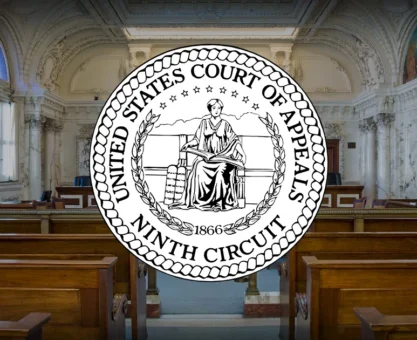Telework For Federal Employees
In recent years, Congress has closely examined telework policies for federal employees, with some legislators pushing to scale back remote work. According to a December 2024 report by Senator Joni Ernst, chair of the Senate DOGE Caucus, 6% of federal employees consistently work in person full-time — a sharp decline from pre-pandemic figures.
The report also highlighted financial inefficiencies, such as the $15.7 billion annual expense for unused federal office space and the continued payment of locality pay to remote workers.
- The REMOTE Act: Proposed by Joni Ernst, would require agencies to use software to gather concrete data on the impacts of telework in the federal government by monitoring computer use, requiring agency reports, and providing key information for individual performance reviews.
- Federal Employee Return to Work Act: Introduced by Representative Dan Newhouse, this bill proposes eliminating locality pay for federal employees who telework at least one day a week, limiting them to base pay rates.
- H.R. 107: Requires executive agencies to reinstate telework policies that were in place on December 31, 2019. Sponsored by Arizona Representative Andy Biggs.
Government Efficiency Policies
The Department of Government Efficiency (DOGE) is an advisory body established in November 2024 by President-elect Donald Trump. It will be led by Elon Musk and Vivek Ramaswamy and tasked with the mission of enhancing the efficiency of federal government operations by identifying and eliminating wasteful spending and unnecessary regulations
DOGE Acts: Proposed by New York Congresswoman Claudia Tenney and Tennessee Senator Marsha Blackburn, the DOGE Acts are a package of bills aimed at reforming the federal government’s management of taxpayer dollars.
- The Federal Freeze Act: Implements a one-year freeze on increases in federal civilian employees’ salaries, directing federal agency heads to establish a cap on the number of workers that can be employed over a period of three years, and decreases the number of employees at federal agencies.
- The Commission to Relocate the Federal Bureaucracy Act: Establishes a plan to relocate non-national security related agencies to states across the country based on financial efficiency, existing infrastructure, and related industries.
- The Federal Employee Performance and Accountability Act: Establishes a performance-based pay structure designed to improve government efficiency by incentivizing high performance among federal employees.
Controversies and Challenges
Federal employee unions, notably the American Federation of Government Employees (AFGE), have been vocal in opposing efforts to curtail telework, emphasizing that such changes could violate collectively bargained agreements.
And, the establishment of DOGE has sparked debate, particularly regarding its approach to reducing government spending and regulations. Critics express concerns over potential overreach and the implications of proposed methods, such as impounding funds — a process of refusing to spend money allocated by Congress — which could lead to legal challenges over presidential powers.



























